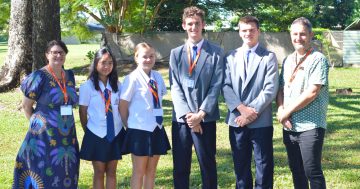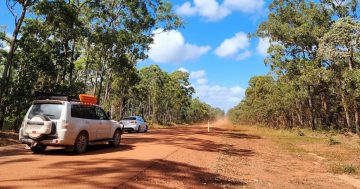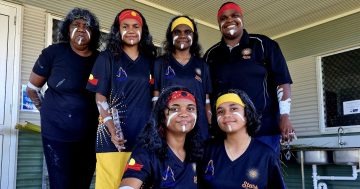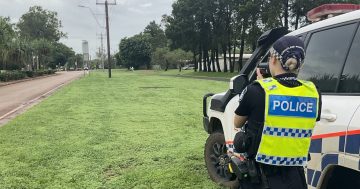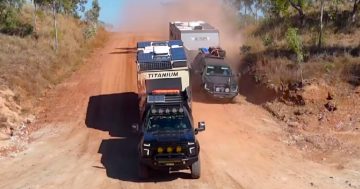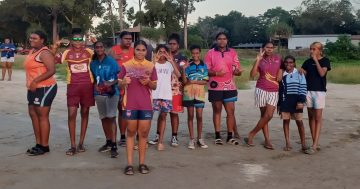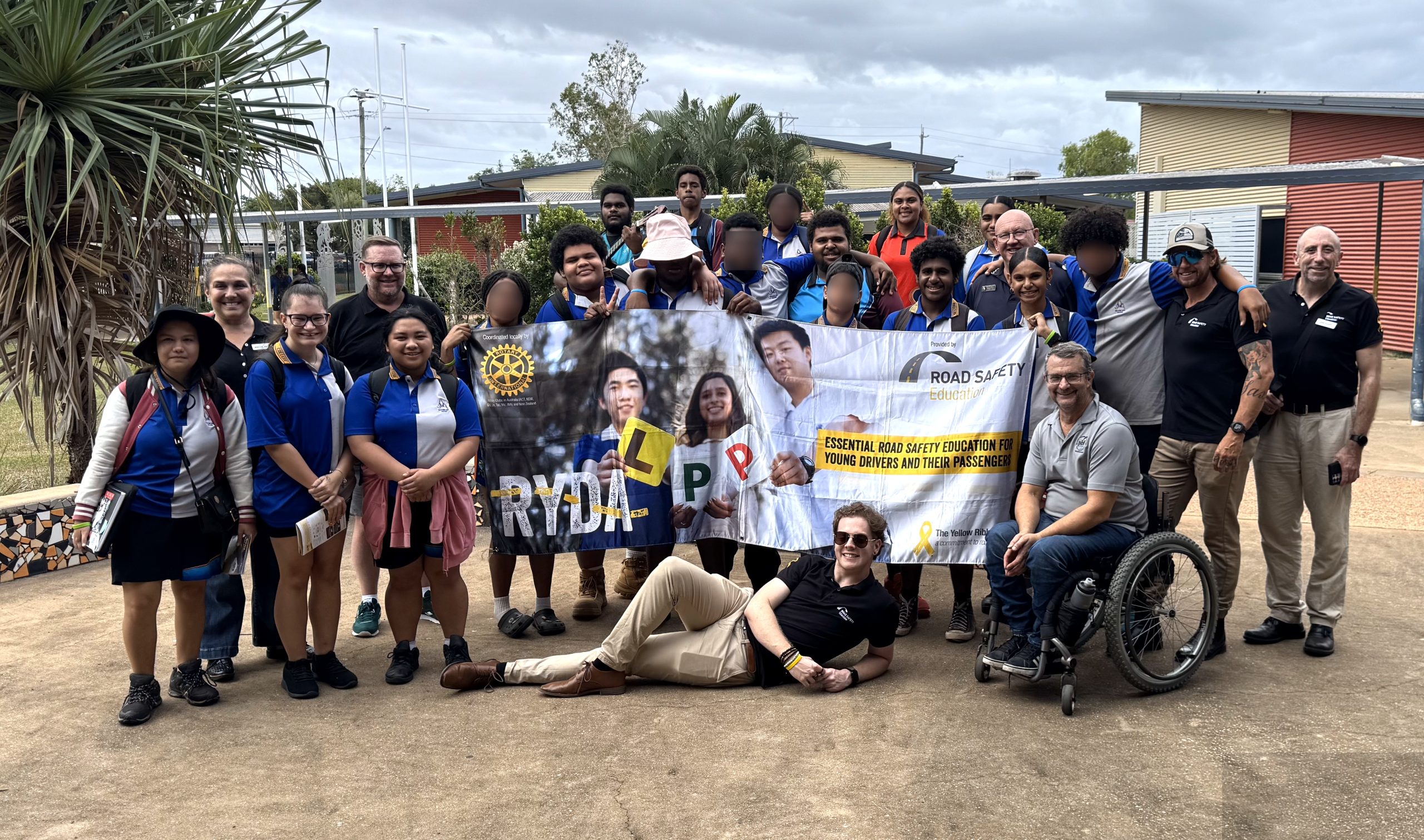
Western Cape College seniors take on the Ryda program, a series of workshops designed to help them become safer drivers on the road. Photo: Supplied.
Young Far North Queenslanders make up 20 per cent of driver and passenger fatalities despite representing only 10 per cent of the population, but one Weipa school hopes a new program will help keep their students safe on the road.
Last week, Western Cape College (WCC) hosted Road Safety Education’s (RSE) Ryda program, giving senior students the opportunity to participate in a series of workshops on being a safe driver and passenger.
“With many of our senior students either driving or about to begin, Ryda provides a powerful, practical program that goes beyond the classroom to prepare them for the responsibilities of the road,” principal Dan Tonon said.
“The mix of interactive sessions, expert presenters, and real-life stories makes it an ideal fit for our context.”
According to RSE, drivers are at their highest risk of being involved in a crash during their first year of driving unsupervised, and this risk increased when peer-aged passengers were added to the mix.
Mr Tonon said at times, he worried about the driving habits and safety of young people in his community.
“Living in a remote area like Weipa, where young people often start driving early and may travel long distances, the risks are heightened,” he said.
“I worry when I hear about risky behaviour, but I’m also reassured when I see students genuinely engaging in programs like Ryda.”
While Ryda has been running since 2001, this year was the first time the program has been brought to Weipa.
RSE head of program delivery John Elliott said drivers in remote communities were over-represented in already concerning statistics.
“Less than 2.4 per cent of Queenslanders live in remote or very remote regions, but this is where almost 14 per cent of driver and passenger fatalities occur, so expanding Ryda’s capacity to reach remote communities has been a key focus for Road Safety Education,” he said.
Mr Tonon said he hoped the students took “a greater awareness of how their decisions … can have life-altering consequences” away from the program.
“More than anything, I hope they left feeling empowered to make safe choices, to look out for their mates, and to know that their lives matter to this community,” he said.


